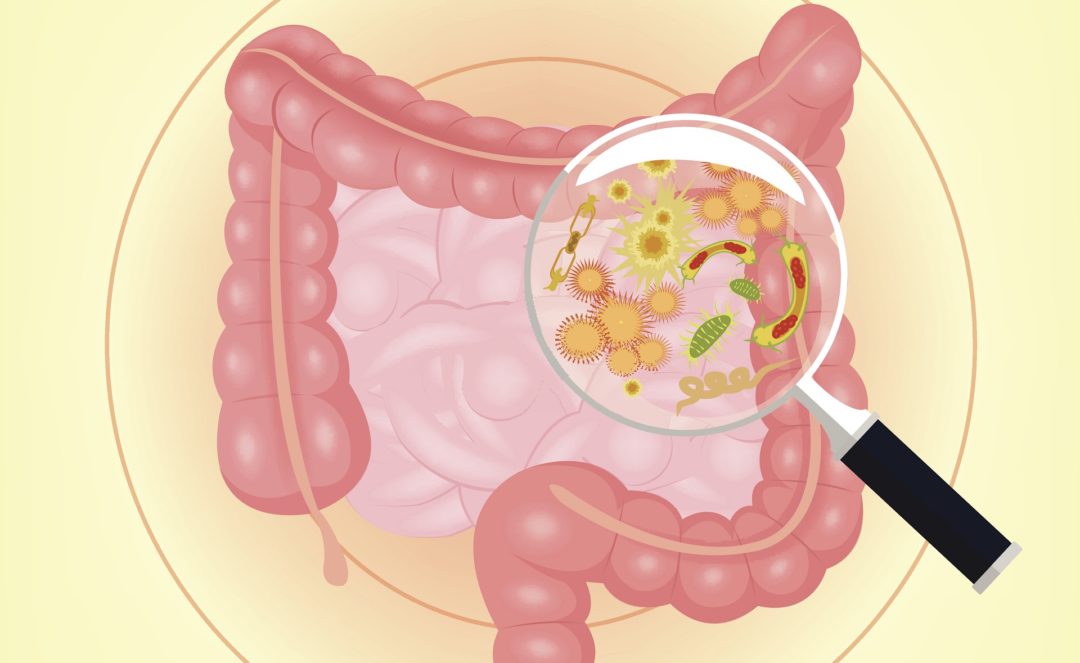
New Research Finds Healthy Microbiome Protects Against Listeria

Listeria monocytogenesis the major pathogen associated with food-borne illnesses like meningitis, septicemia, and chorioamnionitis. Most humans and animals can effectively fend off the pathogen after a few days of gastrointestinal stress. People who are immunocompromised such as infants, cancer patients, or pregnant women are immensely more susceptible and can have sometimes have fatal outcomes. Cancer patients undergoing chemotherapy have a more suppressed immune system because it disrupts the community of bacteria in the gut.
The animal study, published June 6 in the Journal of Experimental Medicinefound that depleting the microbiome in mice using antibiotics made them more susceptible toL. monocytogenes infection. Immunodeficient mice treated with chemotherapy drug became even more susceptible when given antibiotics, further depleting their microbiome.
Researchers also identified four species of gut bacteria (C. saccharogumia, C. ramosum, C. hathewayi, and B. producta) that limitedL. monocytogenes growth in lab cultures. Transferring these bacteria to germ-free mice protected them fromListeriainfection, inhibiting the pathogen’s ability to colonize the gastrointestinal tract.

The editorial team at WholeFoods Magazine has decades of experiences reporting on natural products industry news, trends, and more. This national, monthly business-to-business magazine has been published continuously for nearly 40 years (the magazine was founded in 1977, and has been owned by Wainer Finest Communications since 1984). It is the longest-tenured media outlet of its kind in the natural products industry. The editorial focus at WholeFoods Magazine is, and always has been, on informing and educating members of the natural products industry.
The Magazine
Information
About Us
NOTE: WholeFoods Magazine is a business-to-business publication. Information on this site should not be considered medical advice or a way to diagnose or treat any disease or illness. Always seek the advice of a medical professional before making lifestyle changes, including taking a dietary supplement. The opinions expressed by contributors and experts quoted in articles are not necessarily those of the publisher or editors of WholeFoods.







